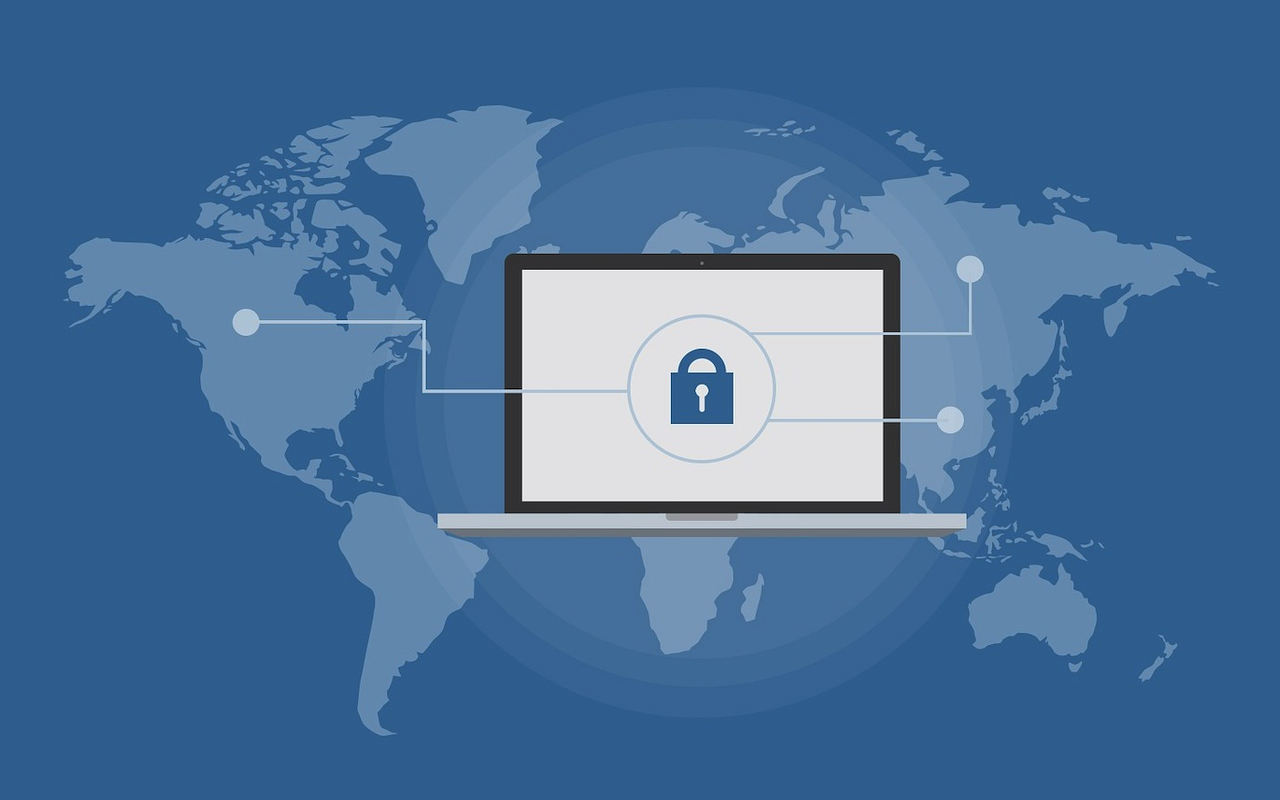
In every well-lit room, warm shower, and working appliance, there's one thing quietly doing the heavy lifting behind the scenes: the electrical panel. It's usually tucked behind a plain door in a garage, hallway, or basement. This system may not be the most eye-catching part of a home, but without it, everyday life would feel a lot more complicated.
[..]
Read more...










